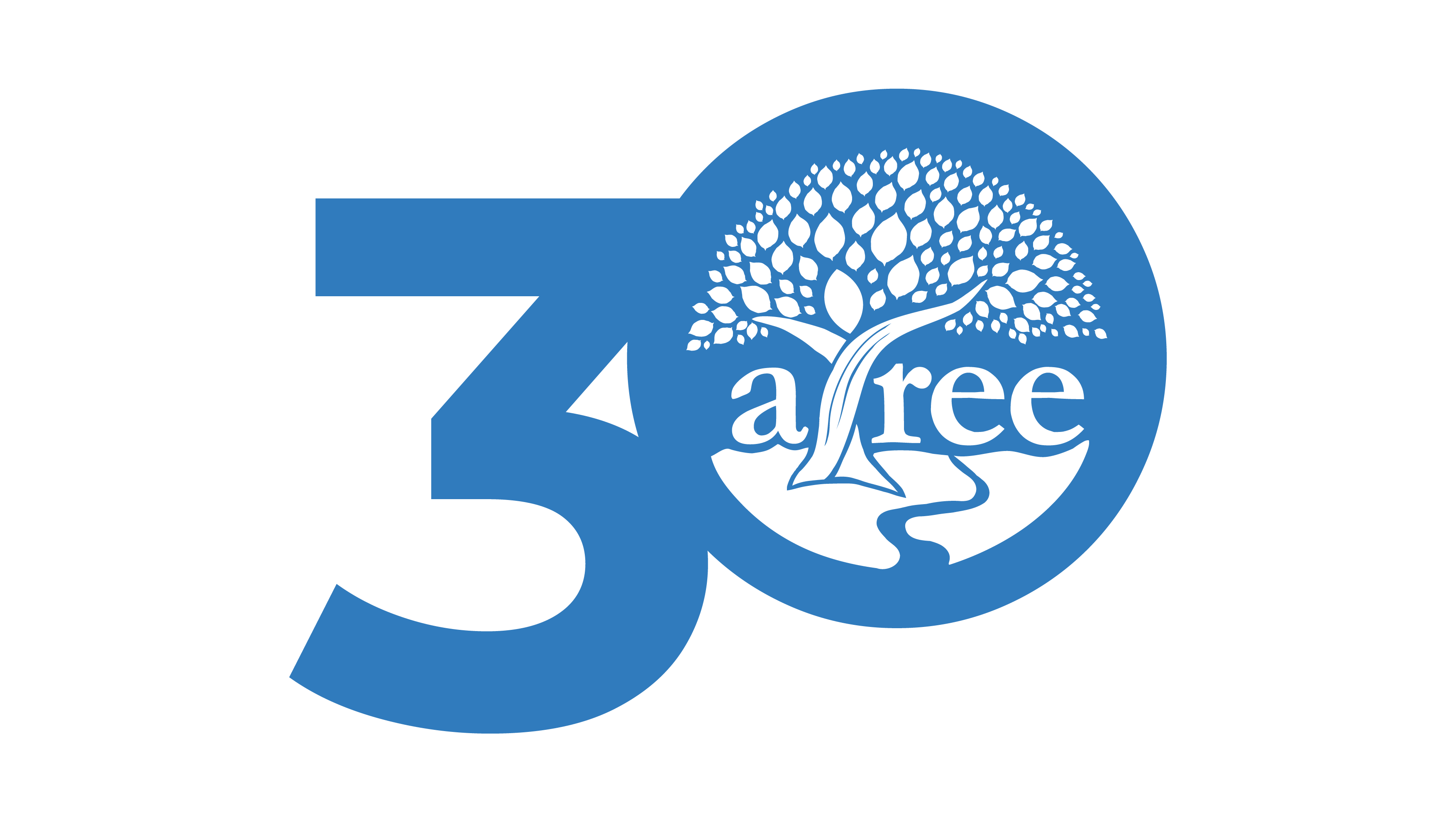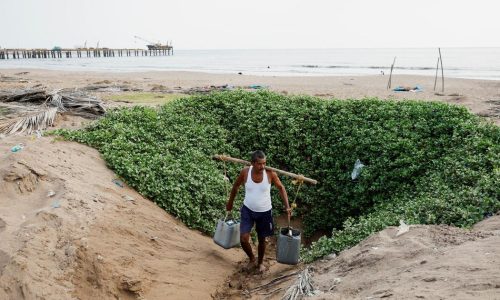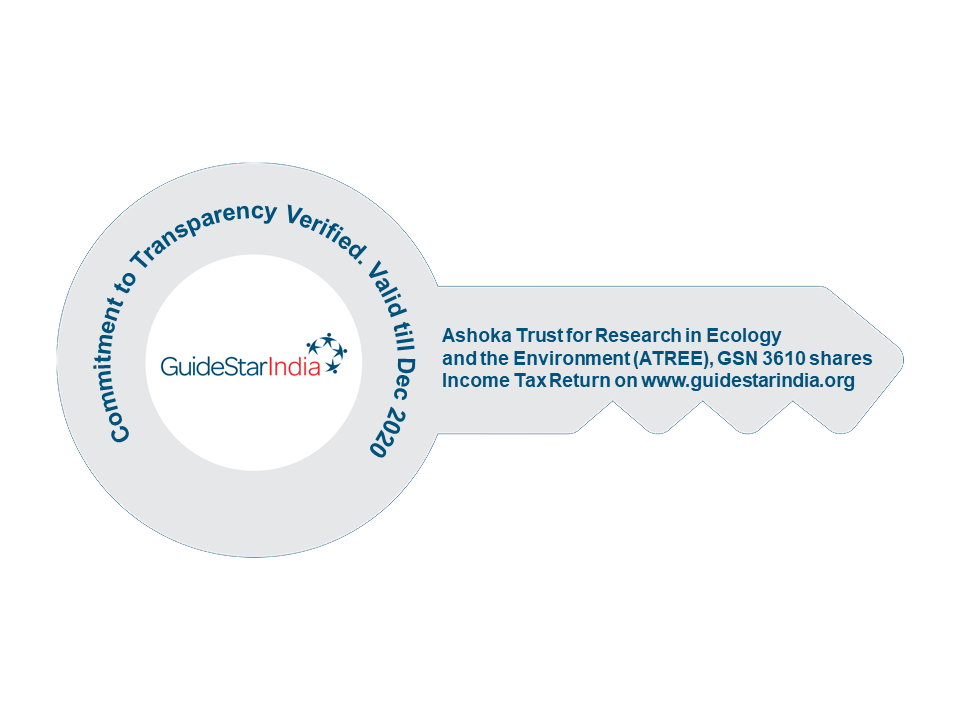Sachin Tiwale and Subodh Wagle
Journal of Asian and African Studies | November 10, 2024
The lack of universal urban water access in the cities in the global south is a wicked problem. Using the case of Mumbai, this paper illustrates how consistently this wicked problem was chiselled and selectively problematised to turn it into a tame problem – a problem of water shortages at the city level. The chiselling included neglecting the essential aspects of urban water supply, such as supply coverage, pressure and leakages, which define the quality of urban water service received by citizens. Through chiselling and selective problematisation, the paper illustrates how the problem of providing universal urban water access in Mumbai was ignored for decades and the issues of water shortages were emphasised alone to justify and prioritise the development of dams.








